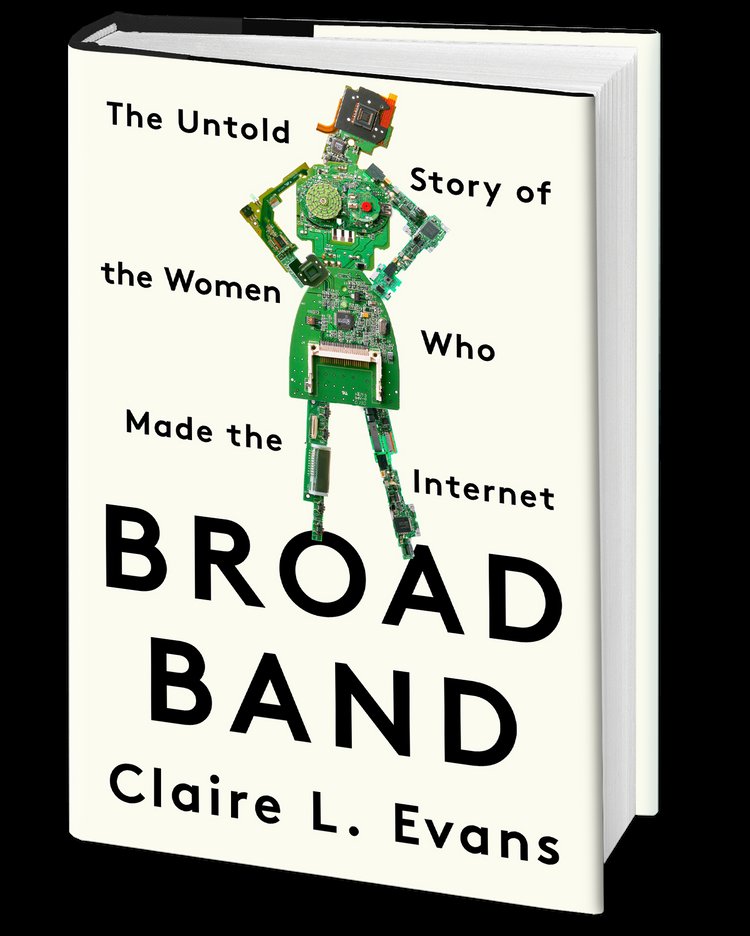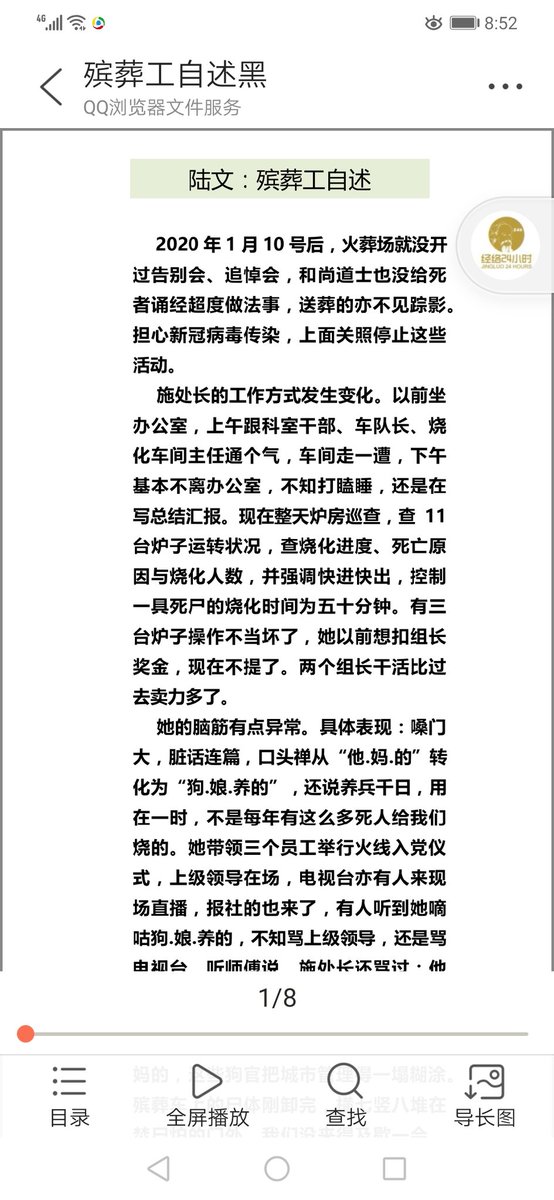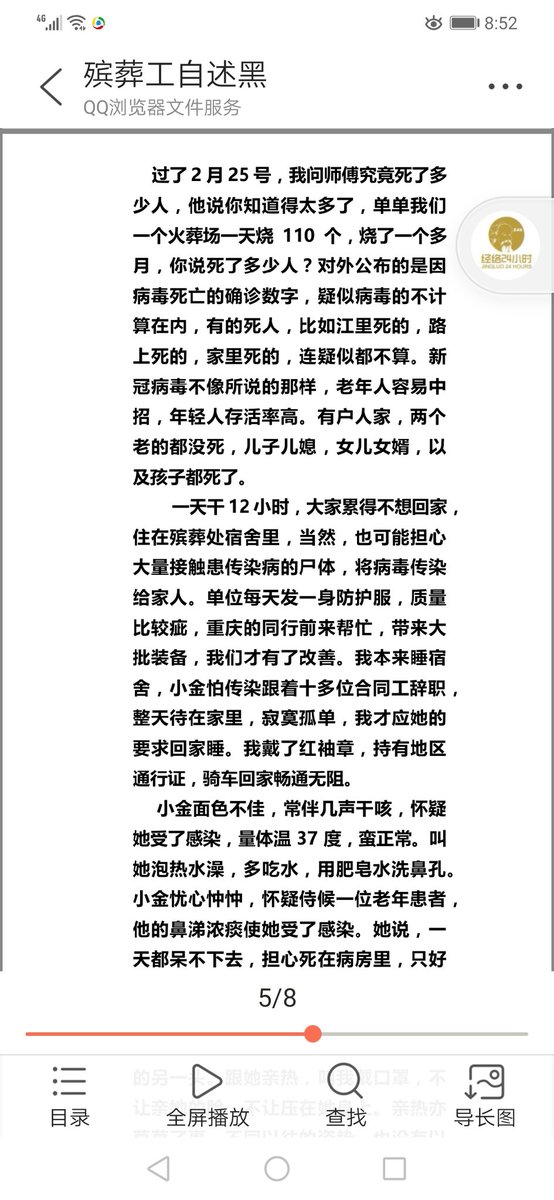But the essay itself commits that sin. We can't observe *something*--problems in medicine--without expanding it to *everything*; & we can't observe *anything* without saying we can "fix it."
1/36 A thread on Alana Newhouse's Tablet essay. I'm sorry to criticize an essay framed around a writer's ill child.
But my dream for the 2020s is to read big, serious essays whose premises aren't "everything is broken," & that don't say "how to fix
But the essay itself commits that sin. We can't observe *something*--problems in medicine--without expanding it to *everything*; & we can't observe *anything* without saying we can "fix it."
I looked inside.
The cover was an ad, and the "thing" that changed everything turned out to be a Dolce & Gabbana-branded Smeg toaster.
This is a really bad problem, though, not just the minor price of admission to public life.
I say "philosophy, not "tactic," b/c if we use it enough, it becomes a mindset.
Is it different to claim “everything is broken” than it is to say “the world fell apart under Obama"?
This is a privileged fantasy.
Some SA friends gave me side-eye. They would move to the US.
"They don't look like they're suffering like my family is suffering," one said bluntly.
But then she backtracks--or forward-tracks and traces the bad things to the Obama administration.
Institutions on which we could depend?
I remember academia touting Communism for seven decades, and the NYT stating in 1954 that Ho Chi Minh was "over."
Honestly, this sounds like a description of the academy and the NYT 1946-2000 to me.
The US economic system retreats to being the elephant in the room.
Mandated by whom? Amazon is no less of a “cultural vehicle” than HBO.
There's a reason economics is avoided after halfway--investigating it would upend the advice.
Unless you're really careful and do an exceptional job, you have to erect a false world to describe "everything" about it in a few thousand words.
It's the known way to cut through noise. Most of my editors now title my articles "The Key to X" or "Everything Is Y." The more hyperbolic, alarmist, or sweeping magazine articles get, the better they do, financially--and they're struggling.
More from Culture
You May Also Like
Recently, the @CNIL issued a decision regarding the GDPR compliance of an unknown French adtech company named "Vectaury". It may seem like small fry, but the decision has potential wide-ranging impacts for Google, the IAB framework, and today's adtech. It's thread time! 👇
It's all in French, but if you're up for it you can read:
• Their blog post (lacks the most interesting details): https://t.co/PHkDcOT1hy
• Their high-level legal decision: https://t.co/hwpiEvjodt
• The full notification: https://t.co/QQB7rfynha
I've read it so you needn't!
Vectaury was collecting geolocation data in order to create profiles (eg. people who often go to this or that type of shop) so as to power ad targeting. They operate through embedded SDKs and ad bidding, making them invisible to users.
The @CNIL notes that profiling based off of geolocation presents particular risks since it reveals people's movements and habits. As risky, the processing requires consent — this will be the heart of their assessment.
Interesting point: they justify the decision in part because of how many people COULD be targeted in this way (rather than how many have — though they note that too). Because it's on a phone, and many have phones, it is considered large-scale processing no matter what.
It's all in French, but if you're up for it you can read:
• Their blog post (lacks the most interesting details): https://t.co/PHkDcOT1hy
• Their high-level legal decision: https://t.co/hwpiEvjodt
• The full notification: https://t.co/QQB7rfynha
I've read it so you needn't!
Vectaury was collecting geolocation data in order to create profiles (eg. people who often go to this or that type of shop) so as to power ad targeting. They operate through embedded SDKs and ad bidding, making them invisible to users.
The @CNIL notes that profiling based off of geolocation presents particular risks since it reveals people's movements and habits. As risky, the processing requires consent — this will be the heart of their assessment.
Interesting point: they justify the decision in part because of how many people COULD be targeted in this way (rather than how many have — though they note that too). Because it's on a phone, and many have phones, it is considered large-scale processing no matter what.
































